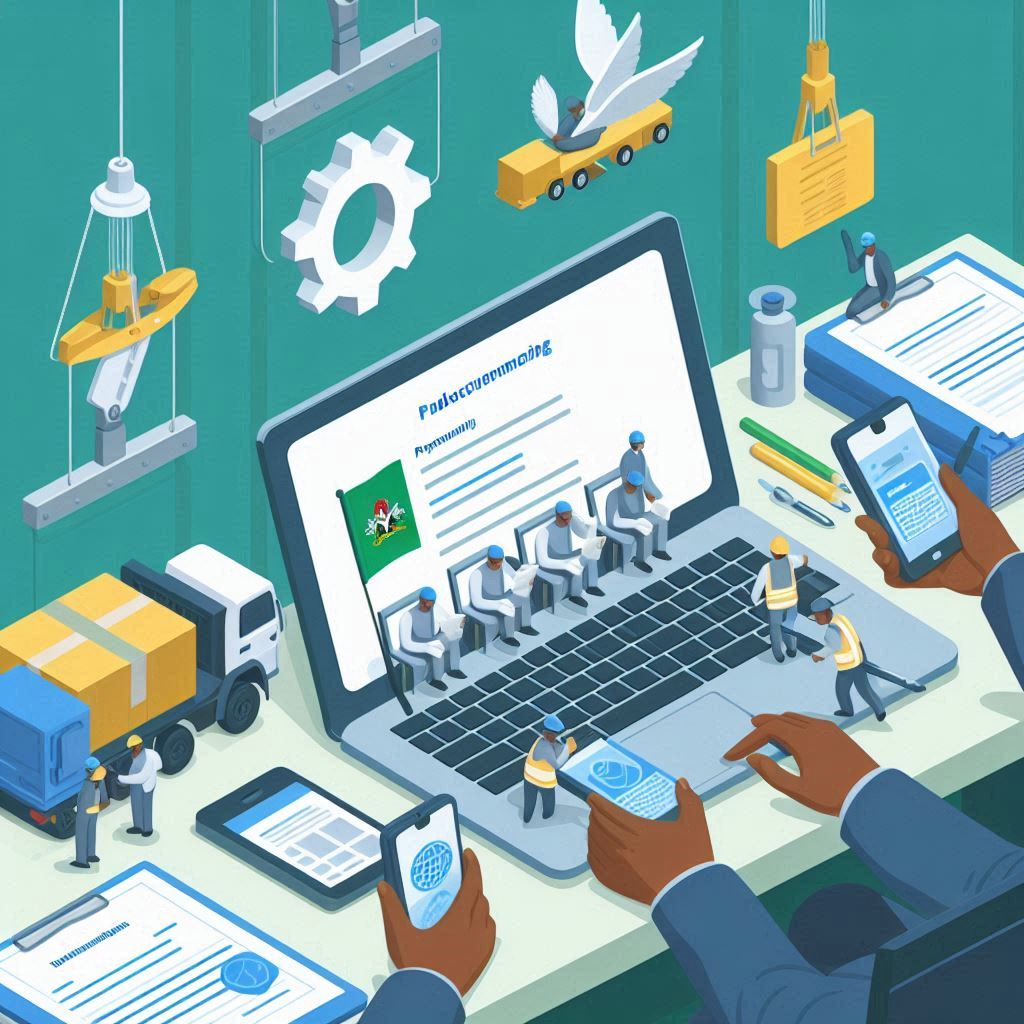In recent years, Nigerian public procuring entities have been making significant progress in modernizing their procurement systems. They are gradually moving from traditional manual-based processes to digital-based methods. One of the critical processes undergoing automation is the notification of tenders, which has traditionally been carried out through newspaper advertisements.
Given the increasing volume of digital advertisements, it is now essential to automate the classification of tender titles and descriptions into appropriate categories. The United Nations Standard Product and Service Code (UNSPSC) is used as the standard procurement taxonomy for this purpose.
If you are looking for a UNSPSC code lookup tool go here!

To achieve efficient automation, a natural language processing (NLP) methodology was employed to automatically classify tender titles and descriptions into their corresponding UNSPSC categories. This approach leverages the power of machine learning to enhance accuracy and efficiency. Various machine learning algorithms were tested and utilized to develop robust classification models.
These models are designed to predict the correct UNSPSC code for a given tender title or description at multiple levels, including segment, family, class, and commodity. The process involved rigorous evaluation using different validation methods, such as train-test split validation and K-fold cross-validation. Among the algorithms tested, support vector machines (SVM) demonstrated the best performance, delivering accurate and reliable classification results.
This advancement in procurement automation represents a significant milestone towards streamlining and optimizing public procurement processes in Nigeria. As Nigerian public procuring entities continue to embrace digital transformation, the benefits of increased efficiency, transparency, and accuracy in procurement processes will become more evident.
Key Takeaways:
- Digital transformation in Nigerian public procurement
- Automation of tender notification processes
- Use of UNSPSC for classification
- NLP and machine learning methodologies
- Support vector machines for optimal performance
By optimizing these processes, Nigeria is paving the way for a more efficient and transparent public procurement system. Stay tuned for more updates on digital procurement and how it’s reshaping industries.
You can read more here -> Development of machine learning models for classification of tenders based on UNSPSC standard procurement taxonomy | International Journal of Procurement Management
Facts about Nigeria
Population: Nigeria is the most populous country in Africa, with over 200 million people.
Languages: Nigeria is home to more than 250 ethnic groups and over 500 languages, with English being the official language.
Capital City: The capital city of Nigeria is Abuja, while Lagos is the largest city and the economic hub.
Nollywood: Nigeria has one of the largest film industries in the world, known as Nollywood.
Economy: Nigeria is rich in natural resources, including oil, which makes up a significant part of its economy.
Independence: Nigeria gained independence from British colonial rule on October 1, 1960.
Landmarks: Famous landmarks in Nigeria include Zuma Rock, the Benin City walls, and the Olumo Rock.
Sports: Football is the most popular sport in Nigeria, with the national team, the Super Eagles, being a powerhouse in African football.
